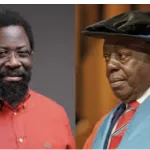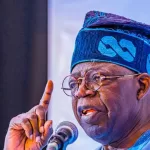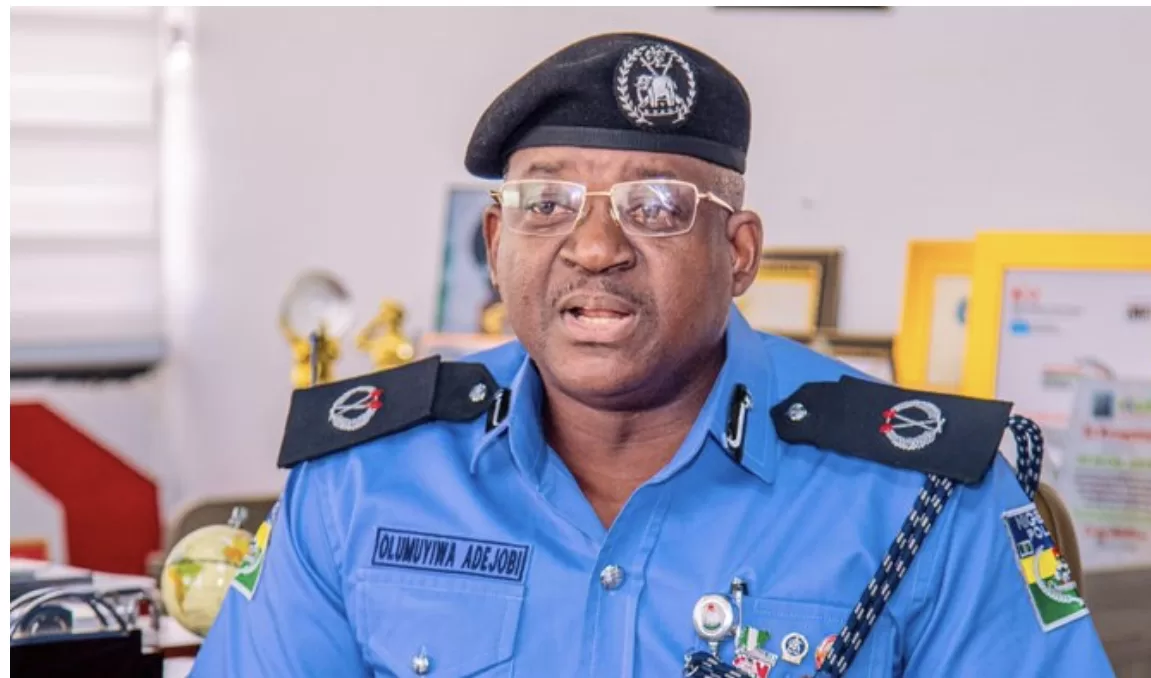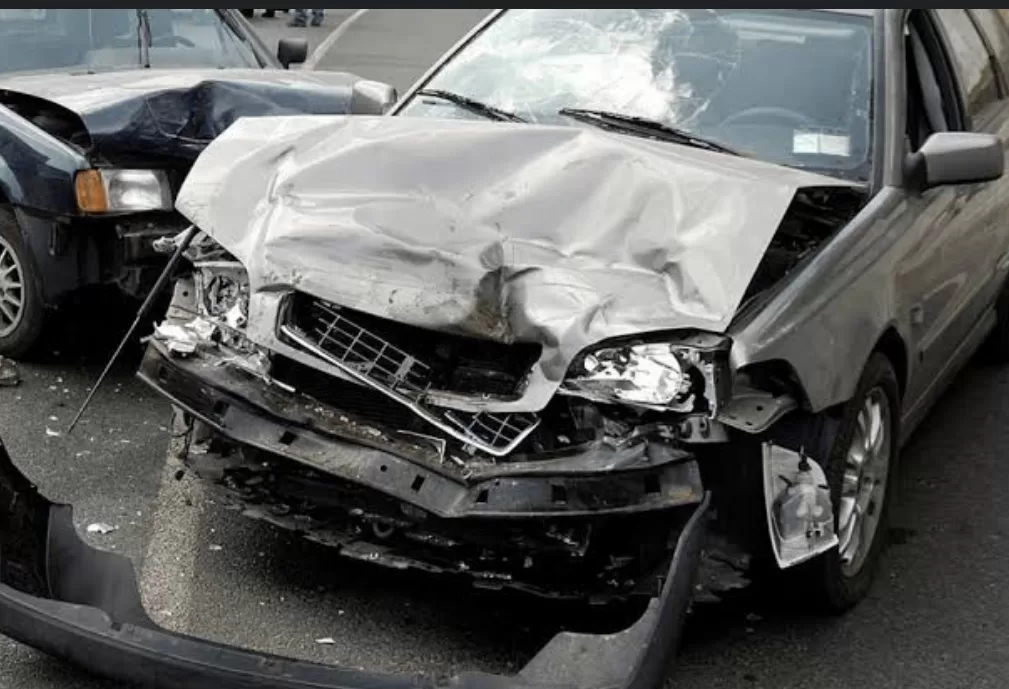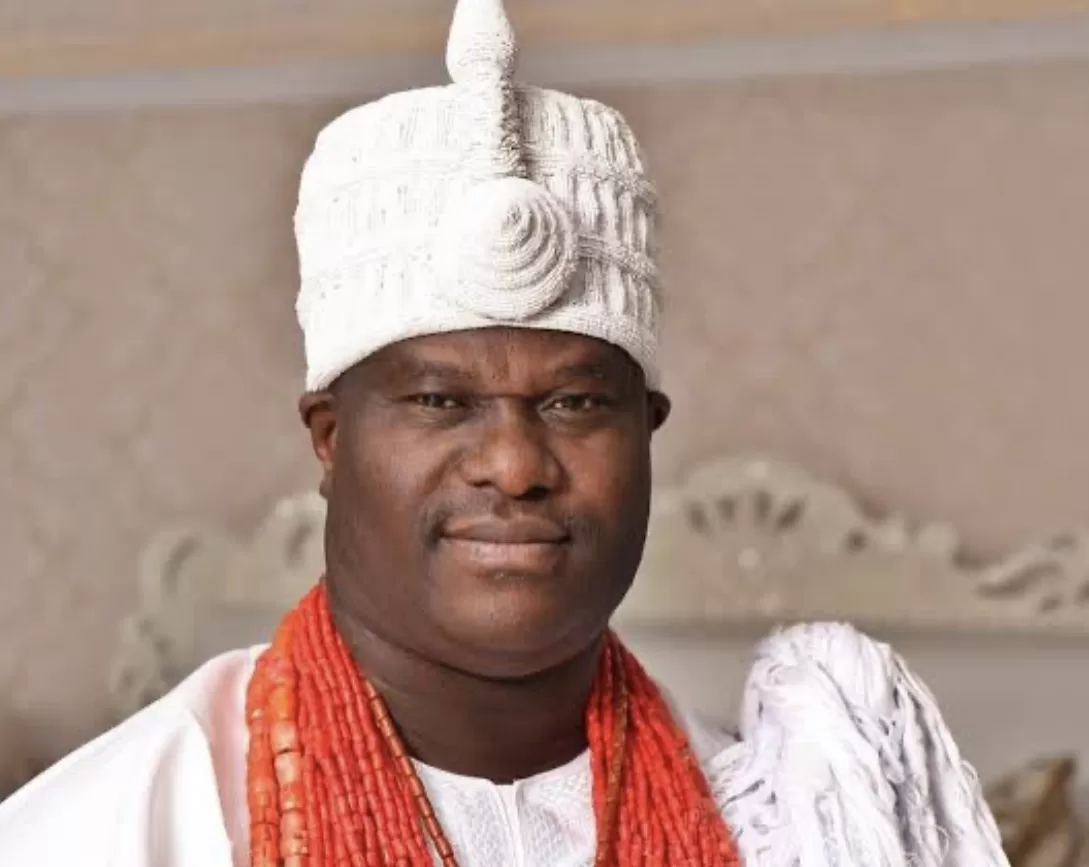Justice Rahman Oshodi of the Ikeja Sexual Offences and Domestic Violence Court on Tuesday acquitted Taiwo Opasina, a 35-year-old upholstery maker, who had been accused of sexually assaulting his four-year-old daughter.
The judge in his ruling emphasized that the prosecution failed to meet the required burden of proof.
Central to the court’s decision was the absence of the alleged survivor’s testimony, which the judge described as critical to the case.
“The prosecutrix was described as an articulate primary school student capable of identifying family members and answering questions,” Justice Oshodi stated. “Yet, no reason was provided for failing to call this essential witness.”
The judge highlighted that the lack of direct evidence from the alleged victim left a significant gap in the case that could not be adequately addressed through circumstantial evidence.
“While troubling medical evidence was presented, it alone cannot identify the perpetrator,” he said.
The prosecution had called two witnesses—a medical doctor and a police officer—while the defendant testified as the sole witness in his defense.
However, the court ruled that hearsay evidence of the child’s statements could not be considered without the opportunity for cross-examination.
Justice Oshodi reiterated the principle that the presumption of innocence must be upheld, stating, “It is better to let nine guilty persons escape than to wrongfully convict one innocent person.”
He further added, “Despite the troubling inconsistencies in the defendant’s testimony and strong circumstantial evidence, the prosecution failed to prove the charge of sexual assault by penetration beyond reasonable doubt. Therefore, I find the defendant not guilty.”
The judge concluded the case by discharging and acquitting Opasina of all charges.
The incident was alleged to have occurred in December 2017 in the Adore, Ajah area of Lagos State.
The prosecution, represented by Mr. Babajide Boye, had built its case on medical evidence and police testimony but did not provide any explanation for the absence of the alleged survivor’s direct testimony.


